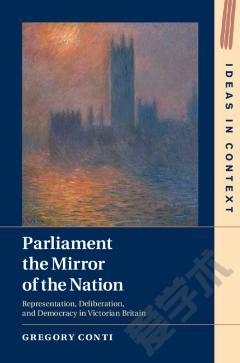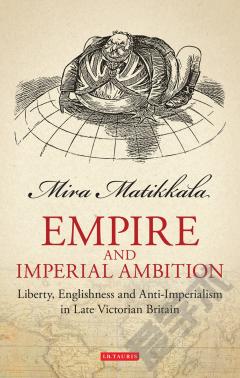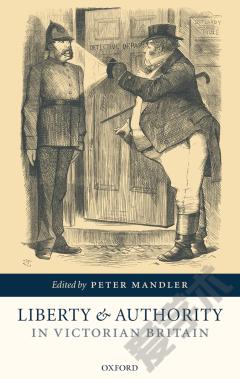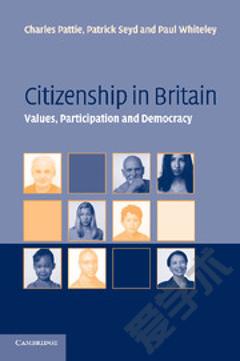Parliament the Mirror of the Nation —— Representation, Deliberation, And Democracy In Victorian Britain
----- 议会是国家的镜子:维多利亚时代英国的代表、审议与民主
The notion of 'representative democracy' seems unquestionably familiar today, but how did the victorian era - the epoch when the modern democratic state was made - understand democracy, parliamentary representation, and diversity? in the famous nineteenth-century debates about representation and parliamentary reform, two interlocked ideals were of the greatest importance: descriptive representation, that the house of commons 'mirror' the diversity that marked society, and deliberation within the legislative assembly. These ideals presented a major obstacle to the acceptance of a democratic suffrage, which it was widely feared would produce an unrepresentative and un-deliberative house of commons. Here, gregory conti examines how the victorians conceived the representative and deliberative functions of the house of commons and what it meant for parliament to be the 'mirror of the nation'.
{{comment.content}}








 京公网安备 11010802027623号
京公网安备 11010802027623号